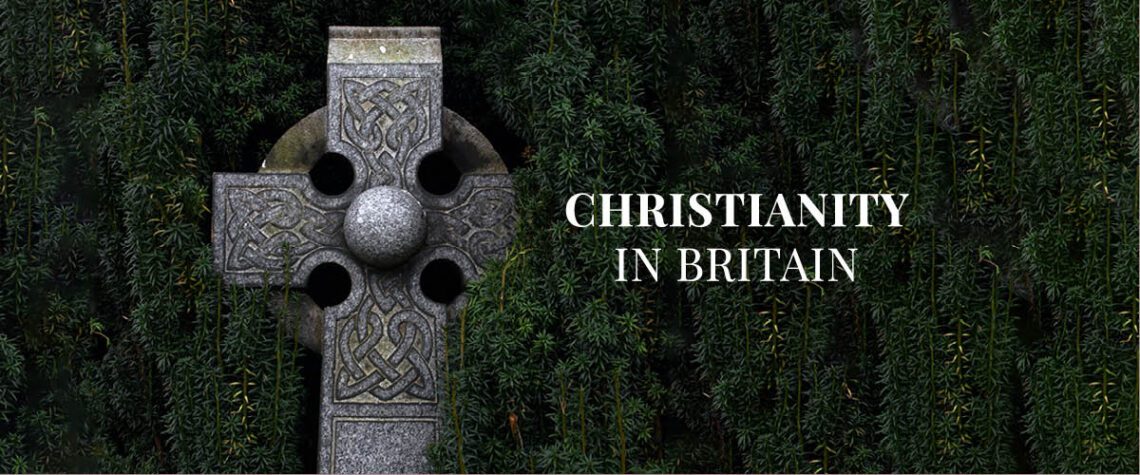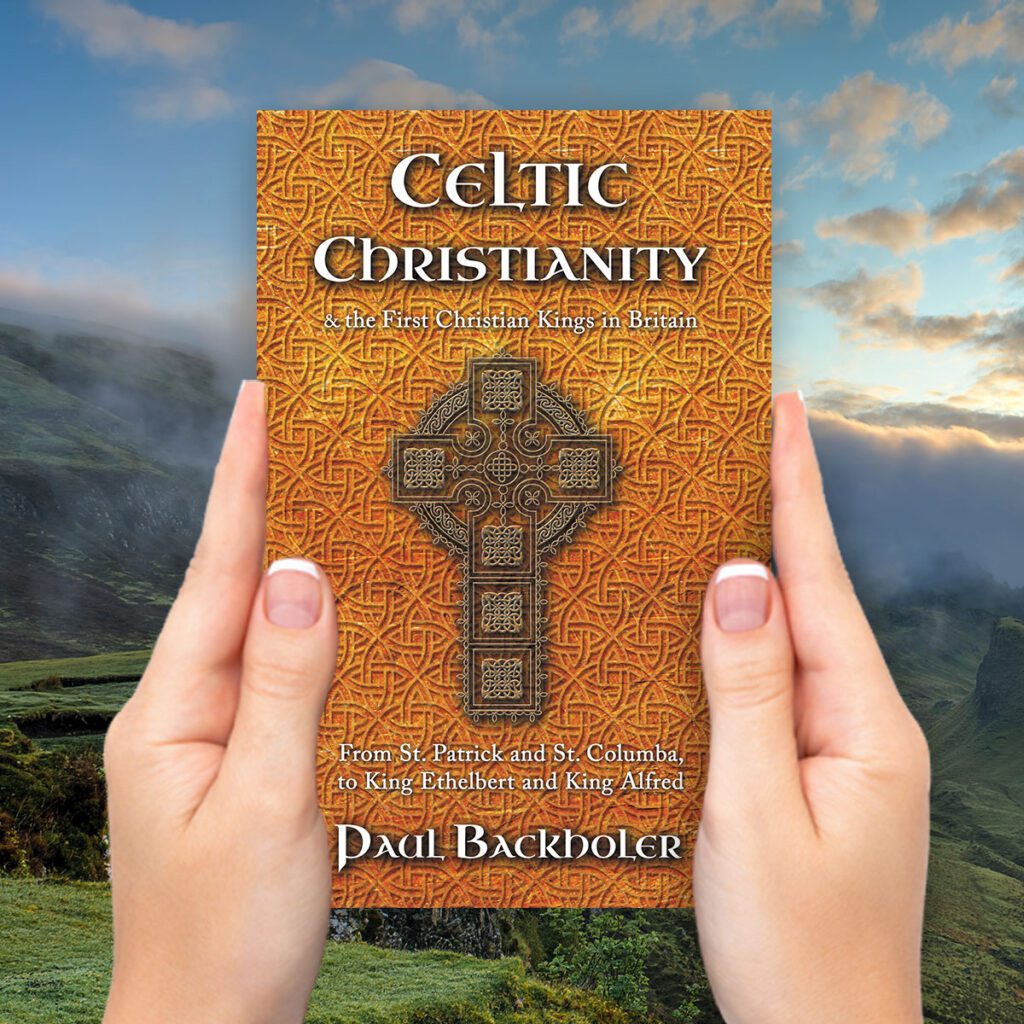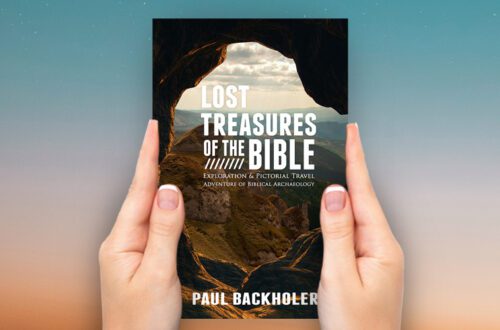
Christianity in Britain – The First Christians in Britannia
“The British Isles, which are beyond the sea and which lie in the ocean, have received the virtue of the Word,” exclaimed the Bishop of Constantinople in AD 402. “Churches are there founded and altars erected. Though you should go to the ocean, to the British Isles, there you will hear all men everywhere discoursing matters out of the Scriptures, with a different voice indeed, but not another faith, with a different tongue but the same judgment.”
The year is AD 597 and St Augustine has brought Christianity to Britannia. It’s a pleasant story, but it’s not the full story. This mission was the first official attempt by Pope Gregory to convert Britons to Christianity, but Christ was at work in the land centuries before.
Hundreds of years before, along Roman roads journeyed traders and soldiers, with their Christian faith. Their story of the visit to earth of the King of king and Lord of Lords shook people. Jesus’ death and resurrection gave ancient Britons a chance to begin anew and become new creatures in Christ.
If anyone is in Christ, he is a new creation; old things have passed away; behold, all things have become new
– 2 Corinthians 5:17
Christianity spread with word of mouth in the land. The Church Father Tertullian (AD 160-225) of Carthage, states Christianity greatly impacted Britain: ‘The haunts of the Britons, inaccessible to the Romans, but subjugated to Christ,’ he declared. According to Tertullian, Christianity spread further than the Roman occupation in Britannia ever did, perhaps far into Scotland.
The Bishop of Caesarea and historian Eusebius (AD 260-340) believed some of the first generations of Christians, the converts of the first disciples, came to preach in Britain: ‘To preach to all the name of Jesus, to teach about His marvellous deeds…and some have crossed the Ocean and reached the Isles of Britain.’

The first Christians in Britain met in their homes to worship, as did the disciples of Jesus Christ. They lived, worshipped and died without leaving written or artistic evidence. With toleration, wealthy Romans set aside large rooms in their homes, to be dedicated for a permanent place of worship. In the British Museum resides one part of a Christian wall painting, showing men praying from Lullingstone, Kent, which was removed from a Roman villa. They provide the earliest evidence for Christianity in Britain.
Archaeological evidence provides us with examples of Christian communities developing in the third and fourth centuries, with possible small timber churches at Lincoln and Silchester, and baptismal fonts have been discovered at Saxon Shore Fort in Richborough. By this time, ten percent of the Roman Empire had embraced Christianity and though we have no data available for the province of Britannia, there is no reason to believe it had not achieved such importance in this land.
Archaeological finds point to clear signs of the strength of Christianity among some of the middle and upper classes, who left physical objects for us to study. In the British Museum, a lead tank from Icklingham provides us with firsthand data from a Christian community. Engraved we find the first two letters of Christ’s name in Greek.
I am Alpha and Omega, the first and the last
– Revelation 1:8
The fact Christianity was flourishing in Britain is further attested by the Christian silver plaque and gold disc from the Water Newton treasure, which includes items with the first two letters of Christ’s name in Greek. Throughout Britain, other ancient places of Christian worship have been found, including in Colchester and Poundbury.
However, we must remember that poor illiterate Christians could not afford to leave any open legacy. The true extent of the Church in Britain remains unknown. The fact these Christians tended to meet in their homes makes it impossible to measure the size or scope of Christianity in the land. Yet, when Christian leaders met in France, at the Council of Arles in AD 314, British Celtic Christianity was strong enough to send three bishops – Eborius of York, Restitutus of London and Adelphius, possibly a bishop of Lincoln. This is a substantial delegation for a growing witness in Britain.

Consequently, before there was an organised attempt to bring Christianity to the nation, God in His sovereignty orchestrated the spread of the gospel. Christian converts were being made in Britannia within the lifetime of the converts of the apostles, and by the fourth and fifth centuries, Christianity thrived. Enough evidence exists to prove a strong Christian Church was unmistakably evident in Britain, amidst a cloud of paganism. These first believers in Britain provide us with a closer link to Jesus and the apostles.
This page has been extracted and developed from the book Britain, A Christian Country and is used with permission.
By Paul Backholer. Find out about Paul’s books here.




